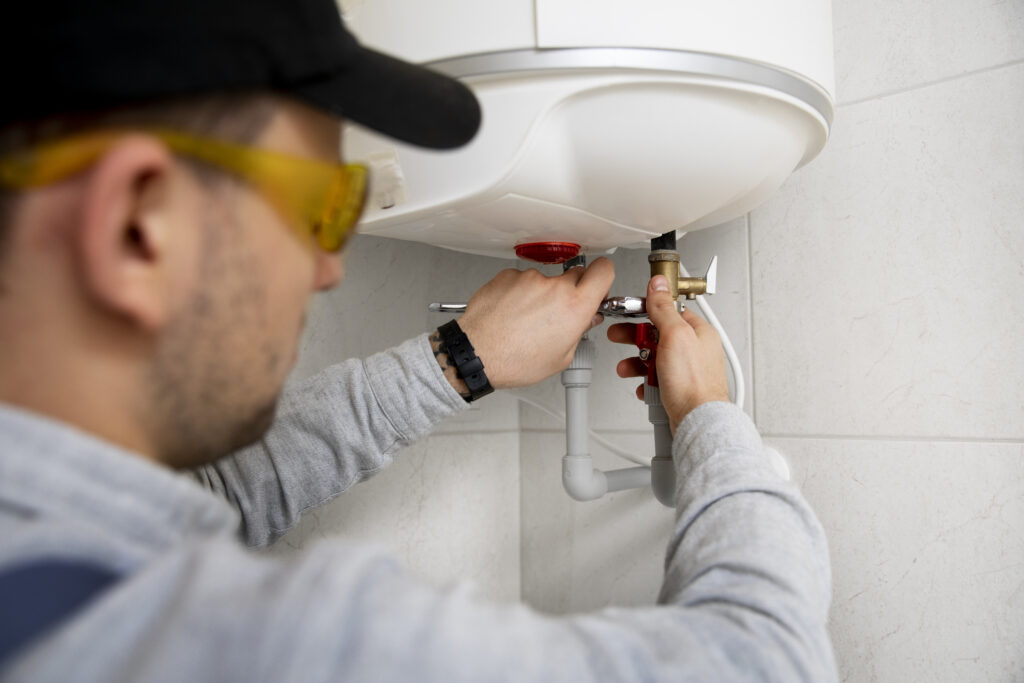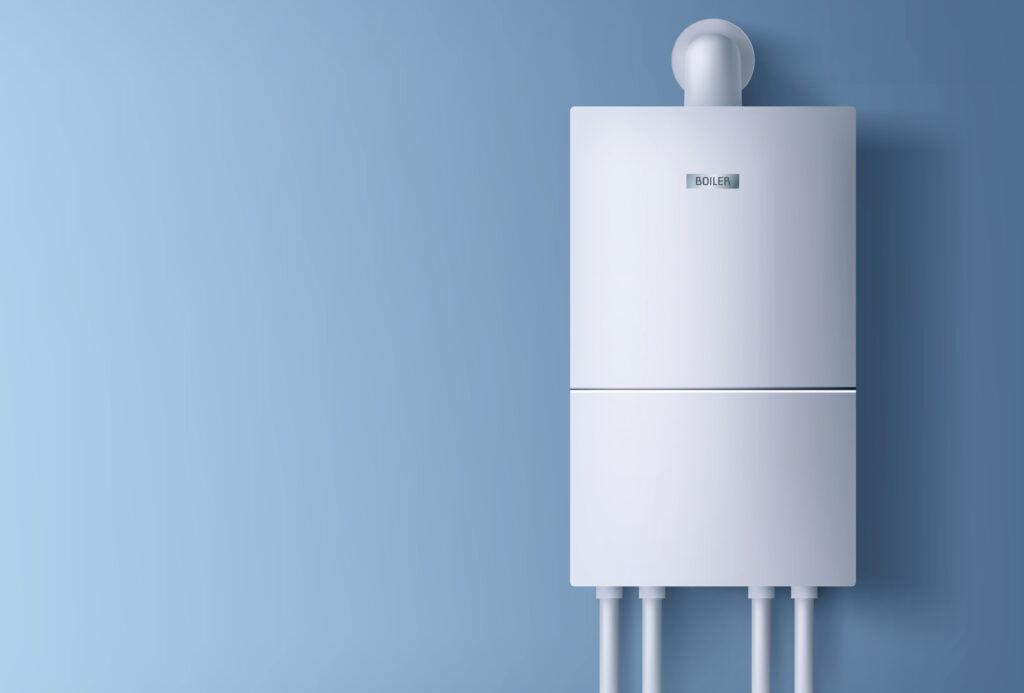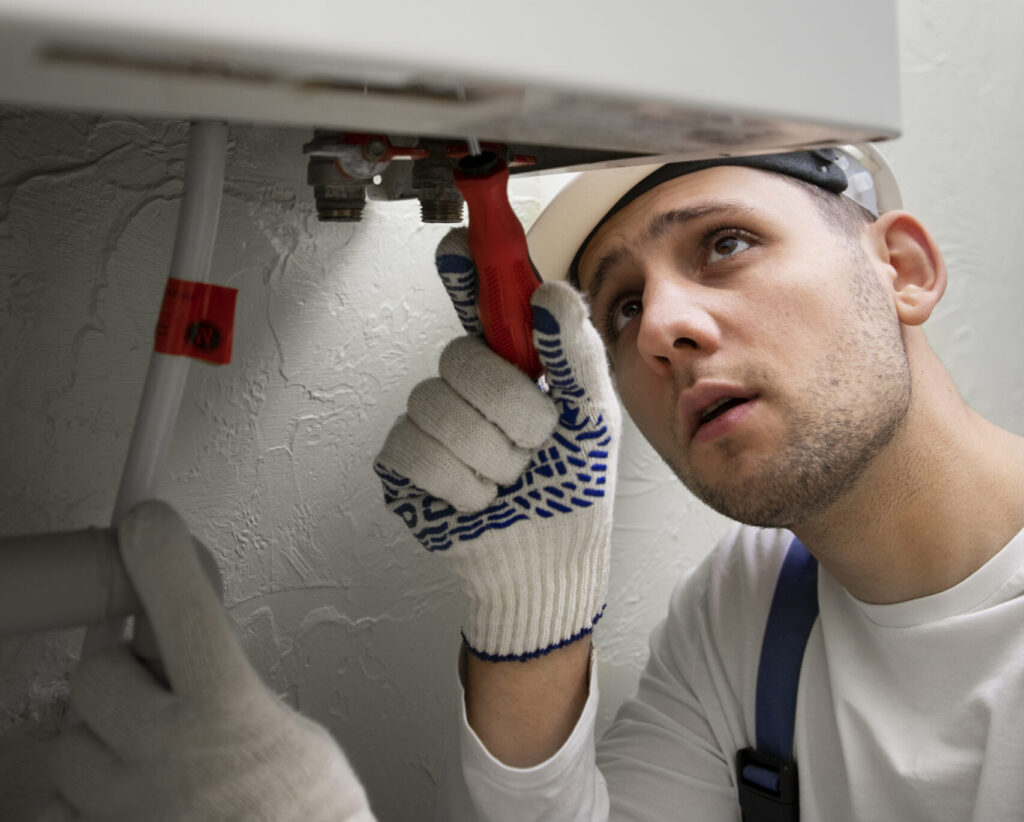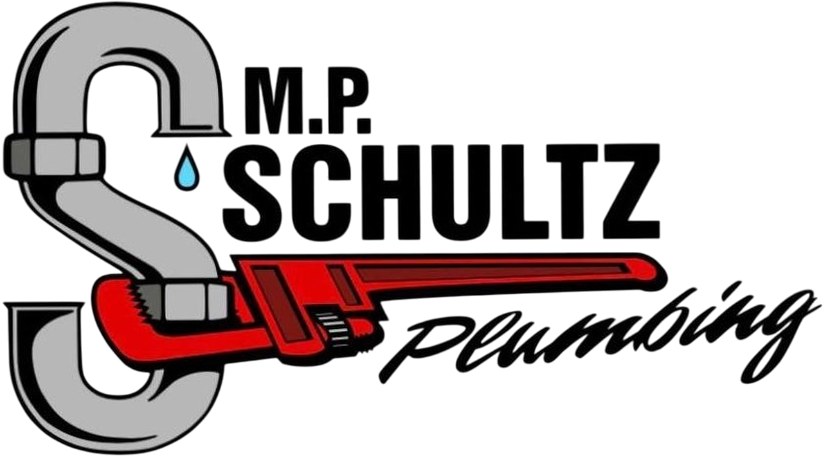A working water heater is essential for daily comfort—hot showers, clean dishes, fresh laundry, and more. But like any appliance, water heaters don’t last forever. Recognizing the warning signs early can help you avoid costly emergency repairs and surprise breakdowns.
Here’s how to tell when it’s time to consider a replacement.
1. Your Water Heater Is 10–15 Years Old
Most traditional tank-style water heaters last between 10 and 15 years. If yours is reaching that range—or has already passed it—it’s smart to start planning for a replacement. Even if it’s still running, older units are more prone to failure and inefficiency.
To check the age, look for the serial number on the manufacturer’s label. This will typically include the year the unit was made.
2. Rusty or Discolored Water
If the water from your hot taps looks rusty or dirty, your water heater could be corroding from the inside out. This is often caused by a failing anode rod or sediment buildup in the tank.
Rusty water isn’t just unpleasant—it’s a sign of serious wear that could lead to leaks or contamination. If you notice discoloration, it’s time to schedule an inspection.

3. Strange Noises Coming From the Tank
Rumbling, banging, or popping noises are usually signs of sediment buildup at the bottom of the tank. As the heater works harder to push water through the sediment, it can damage the interior of the unit.
While flushing the tank might help temporarily, persistent noise usually means your system is on its last legs.
4. Water Around the Base of the Unit
Leaks are never a good sign. If you find water pooling around the bottom of your water heater, it could indicate a crack in the tank—often caused by corrosion or pressure issues.
In most cases, a leaking tank cannot be repaired and should be replaced as soon as possible to prevent water damage.

5. Inconsistent or Not Enough Hot Water
Is your hot water running out too quickly—or fluctuating in temperature? That could point to a failing heating element, a broken thermostat, or excess sediment inside the tank.
If basic repairs haven’t solved the issue, the system may simply be worn out and due for replacement.
Boiler, electronic water heater hanging on blue wall. Home plumbing electric fixture with pipes for heating cold aqua. Energy and cash savings smart system equipment. Realistic 3d vector illustration
6. Higher Energy Bills Than Usual
Older water heaters often lose efficiency, requiring more energy to produce the same amount of hot water. If you’ve seen a noticeable jump in your utility bills, your heater might be working harder than it should.
Upgrading to a modern, energy-efficient model can reduce monthly costs and deliver more consistent performance.
7. Repairs Are Becoming Frequent or Expensive
If you’ve had to call in a plumber multiple times recently for your water heater, it might be more cost-effective to replace it. Frequent breakdowns add up quickly, and at a certain point, the repair costs outweigh the price of a new unit.
8. Your Household Needs Have Changed
If your family has grown or your home usage has increased, your current water heater might not be big enough to keep up. If you’re constantly running out of hot water, consider upgrading to a unit with a larger capacity or higher performance rating.

9. The Thermostat Isn’t Working Properly
Sometimes, the problem isn’t the whole system—it’s the thermostat. If water is coming out too hot or not hot enough, a faulty thermostat could be the issue.
However, if replacing the thermostat doesn’t resolve the problem, it may be a sign of deeper issues inside the unit.
Time for a New Water Heater? We Can Help.
If your water heater is over 10 years old, showing signs of wear, or just not keeping up, it may be time for an upgrade. Replacing it with a more efficient model can save you money, improve performance, and give you peace of mind.
At M.P. Schultz Plumbing, we’ll help you assess your system and determine the best solution—whether it’s a repair or full replacement. Give us a call or book online to schedule your water heater evaluation today.ns, it’s best to consult with a plumbing professional to determine whether replacing your water heater is the right solution for your home.

